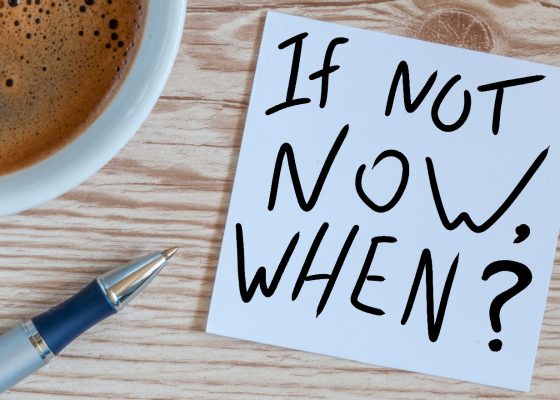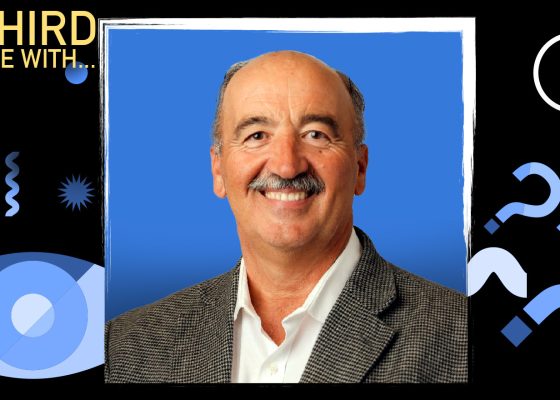Lagging culture and limited literacy among health practitioners are hindering progress when it comes to digital health, according to experts based overseas.
Australia is far behind other countries when it comes to establishing a “culture of innovation” that will facilitate sharing by default and push greater innovation in digital health.
Charles Cornish, CEO of Monarch Medical Technologies, told attendees at today’s Wild Health summit that although conversations around data and interoperability standards were far more common than they used to be, further progress was hindered by attitudes towards innovation among Australian clinicians.
In particular, conversations about the problems and constraints of digital health tools and possible opportunities for overcoming these constraints were “limited and restricted” to clinicians’ inner circles as opposed to being out in the open, Mr Cornish said.
“I always think about whether Australia is ready for innovation culturally as opposed to whether we need to be throwing more money at it,” Mr Cornish said.
“There’s obviously some structural issues in Australia, which will create issues as it relates to pure innovation and taking risks. We’ve got a single payer model (and) where it sounds like we’re moving to a single EMR provider, what’s their incentive to innovate? What’s their incentive to rush to share data?
“It comes down to the culture of wanting to be innovative.”
According to Dr Suzanne Miller, Director of Strategy, Quality, and Technology at Victorian Virtual Emergency Department, negative perceptions towards the commercial sector among clinicians working in the public system was another major factor preventing greater innovation in virtual care in Australia.
“There’s a lot of distrust of the commercial sector – like maybe it’s dirty money – because we’re publicly funded,” she said.
“It’s this idea that we’re a public health service and (there are) these naughty people who want to come in and do the private side,” Dr Miller said.
“We have to understand that public/private partnerships can be very, very positive.
“The other thing is that the tall poppy syndrome is real and needs to be worked on. I find sometimes that when businesses are doing really well, they are told you are not that special.
“I think we could champion our commercial successes a bit more.”
Mr Cornish and Dr Miller were joined on the panel discussion DoHAC Assistant Secretary Daniel McCabe, Chief Medical Information Officer at Royal Melbourne Hospital Dr Robyn Gillies and Hunter New England and Central Coast PHN CEO Richard Nankervis.
Alongside improving digital health literacy and advancing attitudes on virtual care among clinicians, particularly among GPs, panellists agreed that work needed to be done to improve data collection and sharing through My Health Record.
“For GPs, a lot of the benefit is in that connection (and) the information, remembering also that the record is a relatively static PDF,” Mr Nankervis said.
“But I think some of the federal government announcements have been positive around the direction for My Health Record because there’s a perceived benefit for use issue.”
Mr McCable added that:
“We’ve got to make it more useful for general practice (and) mandating sharing test results (will help) work through what’s useful for both general practice and patients to be shared, things like health assessments and chronic disease management plans.
“We’re going to focus on working with all practice software to actually make the connection to My Health Record and payment systems.”
Digital literacy among patients was also a significant barrier preventing consumers from driving improvements to My Health Record that panellists agreed needed to be addressed.
“We need to give our patients expectations, so they should be saying, ‘why are you not putting this in My Health Record? This is my information. Why is it not going? What is stopping this?’,” Dr Gillies said.
“So we need our consumers to be far more educated about what we’re doing and what we are capable of doing.”
Do you have a story tip for us, or a topic you would like to see us cover? Contact the editor at editor@healthservicesdaily.com.au.




